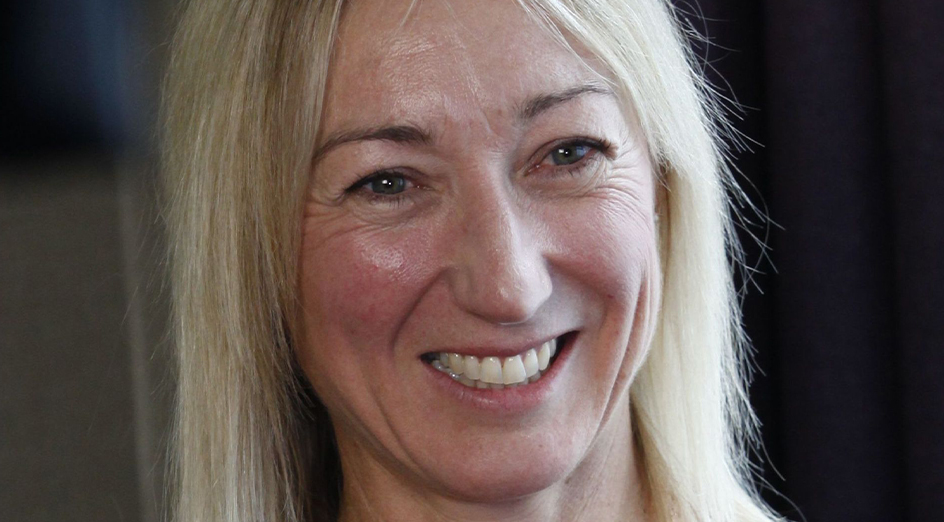New mothers under pressure to establish sleep patterns for their infants and cut down on breastfeeding at night should ‘follow their gut’ and feed their babies as often as it feels right.
That’s the advice from The University of Western Australia’s Professor of Human Lactation Donna Geddes, lead author of a new review 25 Years of Research in Human Lactation: From Discovery to Translation, published in the open access journal Nutrients.
Professor Geddes, director of the Geddes Hartmann Human Lactation Research Group based at UWA, says after 22 years working in the field of lactation she’s concerned at the pressure being put on new mums to establish ‘sleep training’ for young babies.
“Some of these mums are getting their advice from social media where they are encouraged to ensure their babies sleep longer, when in fact our research shows that night feedings between 10pm and 4am are common, with 66 per cent of infants between one and six months of age feeding at night,” she said.
“Not only that, these babies consumed a significant amount of their 24-hour intake of milk, up to 20 per cent, during these night time feeds which means trying to introduce ‘sleep training’ that extends the time between feeds might not only impact the amount of food infants are receiving but can also slow down milk production in mums.”
Professor Geddes said a reduction in the number of feeds could lead to a slowing of milk secretion which may be perceived by mothers as a drop in milk supply and which in turn could lead to the introduction of complementary feeds or foods and, subsequently, to early weaning.
“There’s a fine balance between mums getting adequate sleep but also being okay with feeding their infants during the night if that’s what the baby needs. Breastfeeding brings so many benefits to the mum and baby, both through the very act of feeding and also from the dynamic composition of breast milk,” Professor Geddes said.
“Each baby receives a unique mix of components including proteins, good fats, hormones, vitamins and minerals. And it is fascinating that we see changes in components when the baby is unwell, so that the breast milk becomes even more protective.”

The lactation expert is also advocating for the development of clinical tests for breastfeeding mums that would provide transparent advice around milk supply and any potential problems.
“So if a mum was experiencing pain and we could see that her sodium levels in her milk were elevated, we could say she is probably on the road to mastitis and begin support and/or treatments,” she said.
“When it comes to actual milk production, research says that five per cent of women can’t make enough milk and there’s some thought it may be higher than that, at 10 or maybe even 15 per cent. A clinical test for milk production could help to diagnose this.
“If there was such a test available, some mums might find their perceptions were unfounded and could therefore be reassured.
“On the other hand for mums who truly don’t have enough milk, the test would validate concerns and guide treatment strategies, taking the guesswork out of things. This could provide a greater level of confidence for mums and I believe we could see many breastfeeding for longer,” Professor Geddes said.
The review 25 Years of Research in Human Lactation: From Discovery to Translation can be accessed here.
* Photograph shows Professor Donna Geddes
Media references
Professor Donna Geddes, School of Molecular Sciences, 08 6488 7006
Liz McGrath, UWA Media Advisor, 0433 795 509
